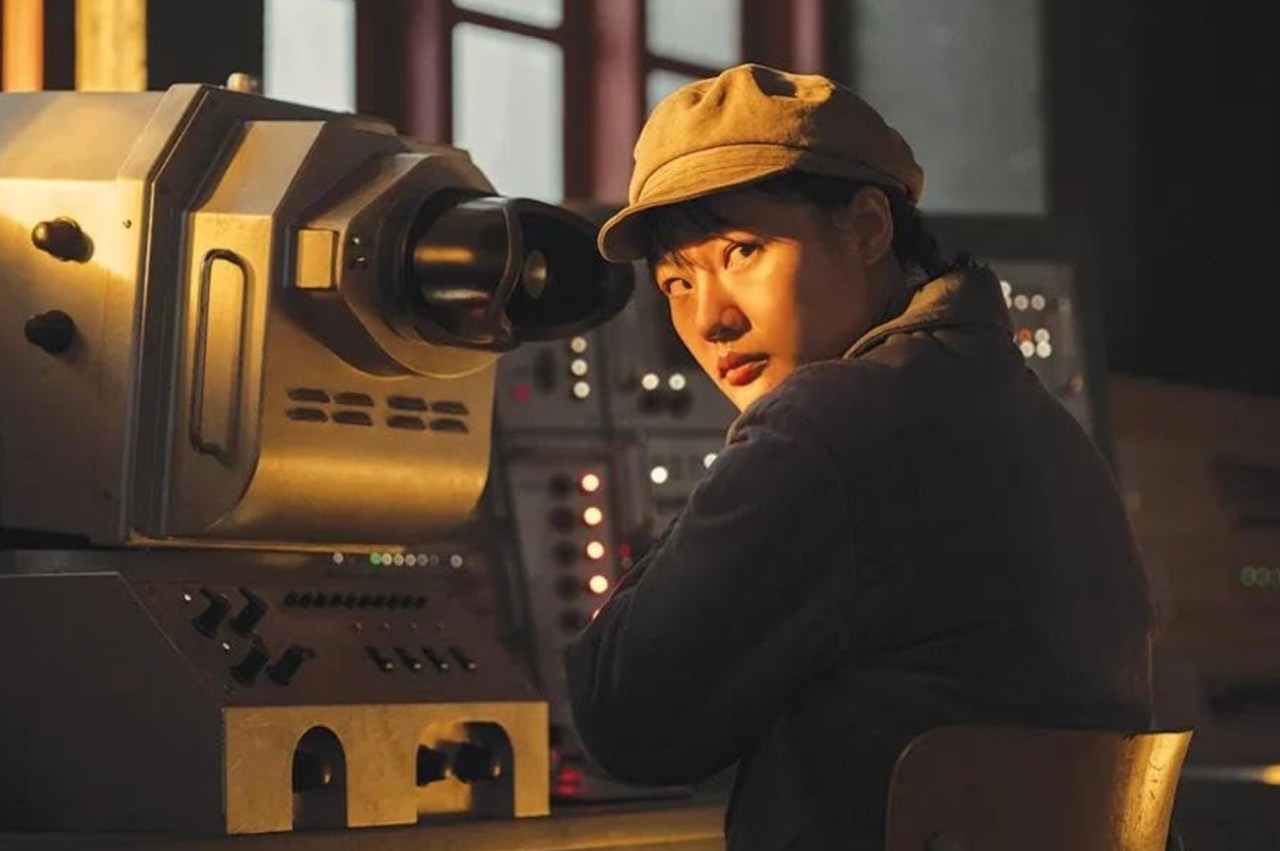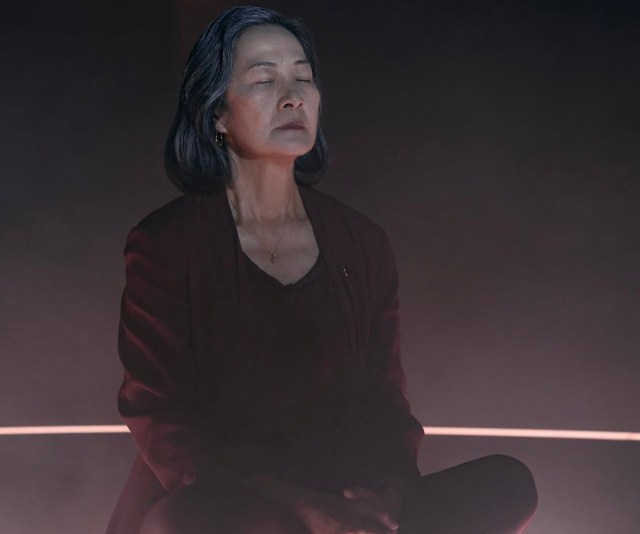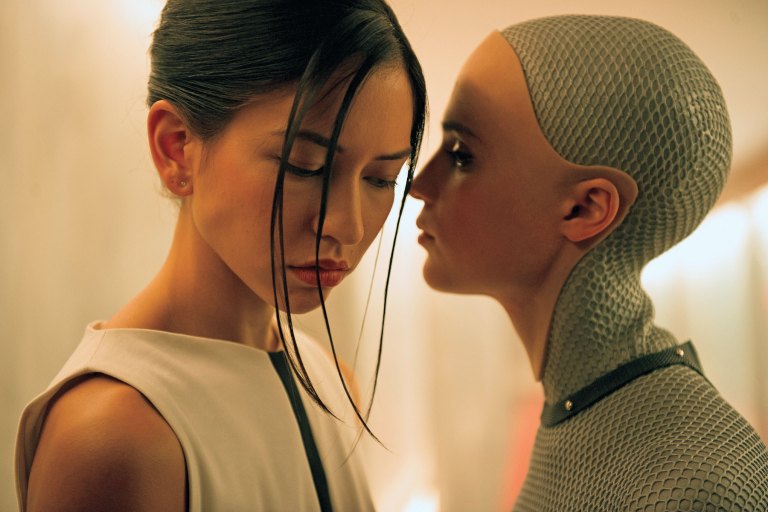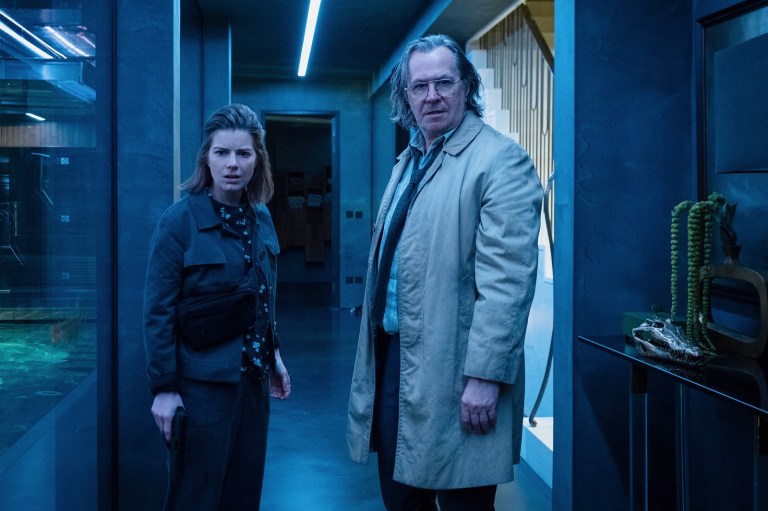
How Netflix’s ‘3 Body Problem’ Fixed the Book’s Sexism Issue
With Netflix’s adaptation of the trippy Chinese sci-fi novel The Three-Body Problem, David Benioff, D. B. Weiss, and Alexander Woo have taken a dense book about thinly drawn characters solving math problems and turned it into a visually stunning sci-fi horror-mystery. Now, it’s true that the series has left out the breathless passages about Newtonian physics that made the book and its two sequels so engrossing. However, long stretches of characters explaining trigonometry would not look great on TV. We watch TV to unwind – not to become better people.
Still, 3 Body Problem could have benefited from a bit more hard science if it really wanted to capture the cerebral twistiness of its source material. It could have also benefited from a bit more nuance in its depictions of its main characters. To be fair, though, the show didn’t have much to go on. It even had to invent some characters to make up for the novel’s dearth of them. Indeed, in one case, it even improved upon a character by expunging the sexism that plagued her novelized version.
As a form of entertainment in a visual medium and all, Netflix’s 3 Body Problem had to give us flesh-and-blood humans to root for. That’s how characters like the wealthy Jack Rooney (John Bradley) came to life. By growing to like or at least tolerate him, we learned to fear for his safety when the increasingly threatening ETO came knocking. Additionally, Auggie (Eiza Gonzalez) is largely an invention for the series; she appears to be based on a male character from the novel. That aforementioned male character has been split into two female characters for the series, both of whom are far more dynamic than their novel counterpart. The other is Jin Cheng (Jess Hong).
Though both characters are largely defined by the plot mechanics that they set in motion, they still provide a welcome female presence on a show that could have easily become a sexist mess. Published from 2006 to 2010, the Three-Body trilogy – dubbed Remembrance of Earth’s Past – was almost heavy-handed in its argument that women were not capable of leading the world from destruction. In traditional Chinese manner, the novel’s author Liu Cixin ultimately makes a case for yin and yang, suggesting that women need the logic of men to balance them and temper their irrationality. Moreover, Cixin makes the character of the former revolutionary Ye Wenjie into a quasi-villain simply because she shows morbid curiosity in an alien species. (Well, she also wanted to see the world burn, but mostly, she just wanted to bring Earth into a new era of interstellar communication.) In any case, she’s depicted as an untrustworthy, incompetent, irrational liability. Overall, Cixin is not shy in blaming the Earth’s destruction on women like Ye Wenjie, and even claims that the Earth of his novels is doomed because it’s too “feminized.”

The series, thankfully, has been stripped of that sexism. Ye Wenjie is portrayed as a principled anti-hero rather than a hothead devoid of logic. When she presses the button that contacts the Trisolarans, the action is framed as a Regina George “watch the world burn” moment instead of a contemptible act of self-destruction. Plus, at no point is she, or any other woman, depicted as irrational because she’s a woman. In fact, one could argue that the men of this series are the silly ones. Of course, that’s partly because there are simply more women in this series. (By episode five, Jin Cheng is the show’s closest thing to a protagonist).
More likely, it’s since this show was made for an American audience. In China, after all, feminism tends to look a lot different. While China does produce feminists who share views that are similar to Western feminists, these Chinese progressives often operate within an antagonistic framework. Due to the ruling Chinese Communist Party’s stranglehold over media, Chinese feminists often can’t use well-worn hashtags like #MeToo without being flagged and reported to the government. This usually results in the government deleting their accounts. Thus, feminists resort to using code words such as mitu (literally, “rice bunny”) to circumvent this. Overall, this adds up to an environment that is not very friendly to the fight for female equality. So, you can imagine why this version of 3 Body Problem might not have gone over as well in China. (In fact, it may be why China produced its own TV adaptation of the novel last year.)
So, when all is said and done, the American 3 Body Problem has managed to adapt its source material in more ways than one – thematically, visually, and culturally. And considering what could have been if it didn’t succeed in that last endeavor, we should probably be grateful. Netflix doesn’t need another controversy after airing all of those problematic comedy specials that it’s become known for. Now let’s just hope that it gets things right again for 3 Body Problem 2.











